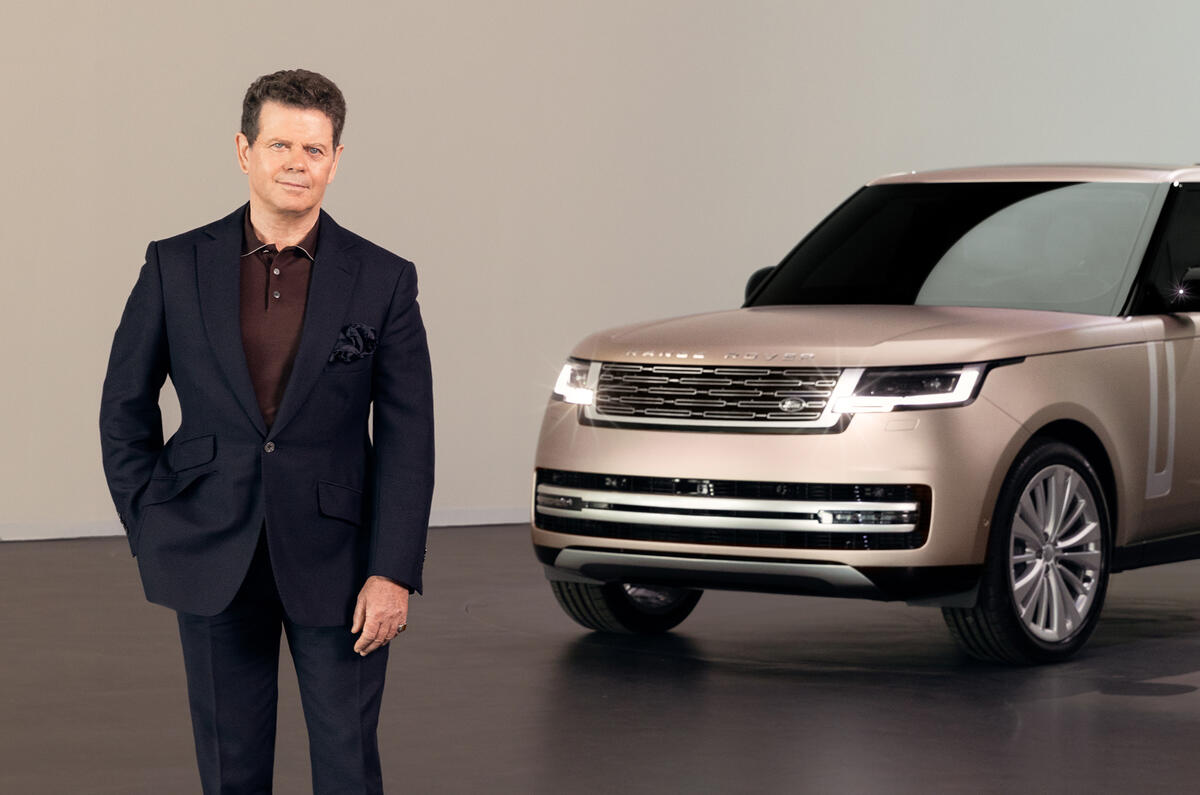The appeal of putting the all-new Jaguar EV line-up on the same commercial path as the Range Rover can be summed up with one killer figure: in 2019, the last Covid-free year, global sales of the Range Rover easily topped 50,000.
The Range Rover started life in 1970 as an exceptionally desirable vehicle, and over 50 years its various creators have never let the mantle slip. In all five versions, you see the same character and experience the same desire.
Jaguar lacks this advantage. Of course, there are remarkable hotspots, stretching broadly from the 1948 XK120 to the XJ6 20 years later. But there have been clunkers, too, and in recent years decisions from the top forced Jaguars down a me-too route of saloons and SUVs, usually excellent but not quite appealing enough to the German-obsessed buyer.
Creative director Gerry McGovern, never short of confidence or hyperbole, has already promised “jaw-dropping” Jaguars that will be “like nothing you’ve seen before”. But visual impact isn’t necessarily accompanied by a burning desire to own one nor pay £100,000 for the privilege.
On the positive side, McGovern has a creative record second to none. His sure hand has guided the past two Range Rovers to success. He did much to create the Freelander, which invented a new class. His teams created the LRX concept that became the Range Rover Evoque, a towering success. He’s a brilliantly effective leader, and from what we hear, Thierry Bolloré gives him lots of freedom to operate.
Yet the challenge of getting buyers to want much more expensive Jaguars, and a newfangled EV at that, looks like being the biggest of McGovern’s career. Still, if he wants to be the most famous person in Jaguar history, short of Sir William Lyons maybe, this is his chance.








Join the debate
Add your comment
I am really looking forward to what Jaguar eventually come out with. Although, obviously not that many buyers will be able to afford any new Jaguar models if they stick to their £80-200k predictions. That in itself has significance for current production plants and jobs.
They are aiming to be in the same price range as Audi//Porsche/Bentley, BMW/Rolls and Mercedes EV's. That does seem like a very big ask, regardless of any kudos the Jaguar name retains.
Can they produce the build quality, reliability and advanced technology of these established luxury brands while retaining the sporting GT driving qualities of traditional Jaguars, and can they command the residual values necessary to convince buyers from these other marques?